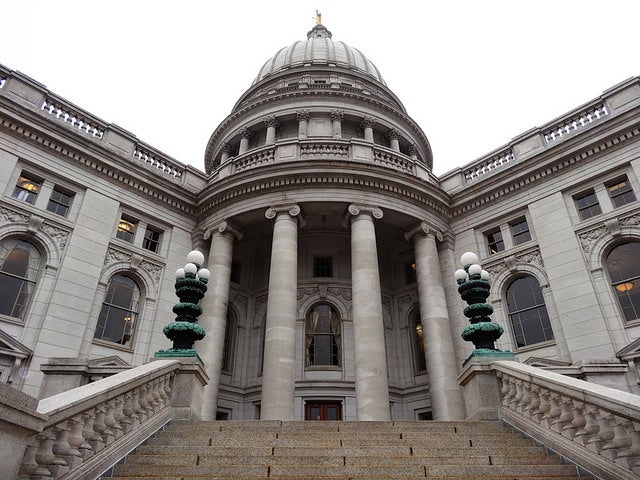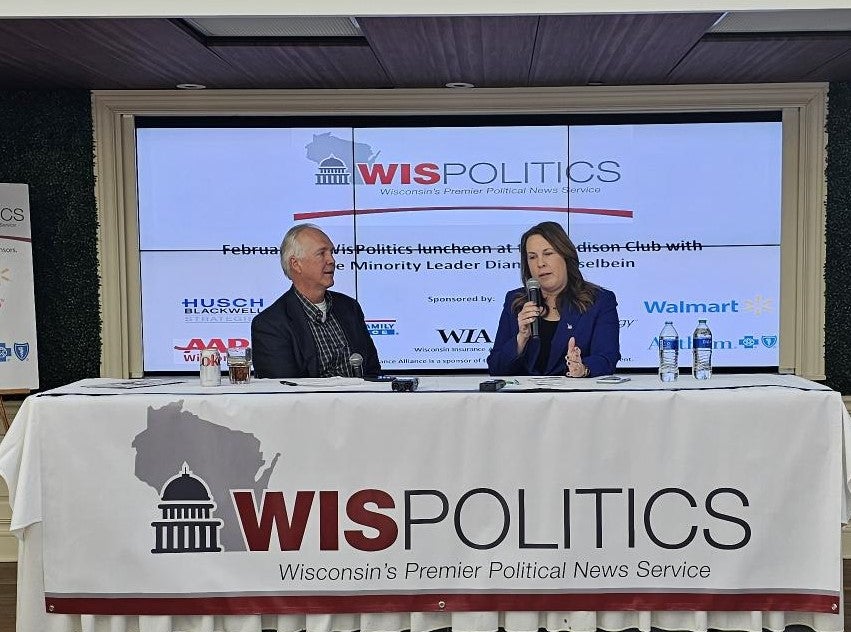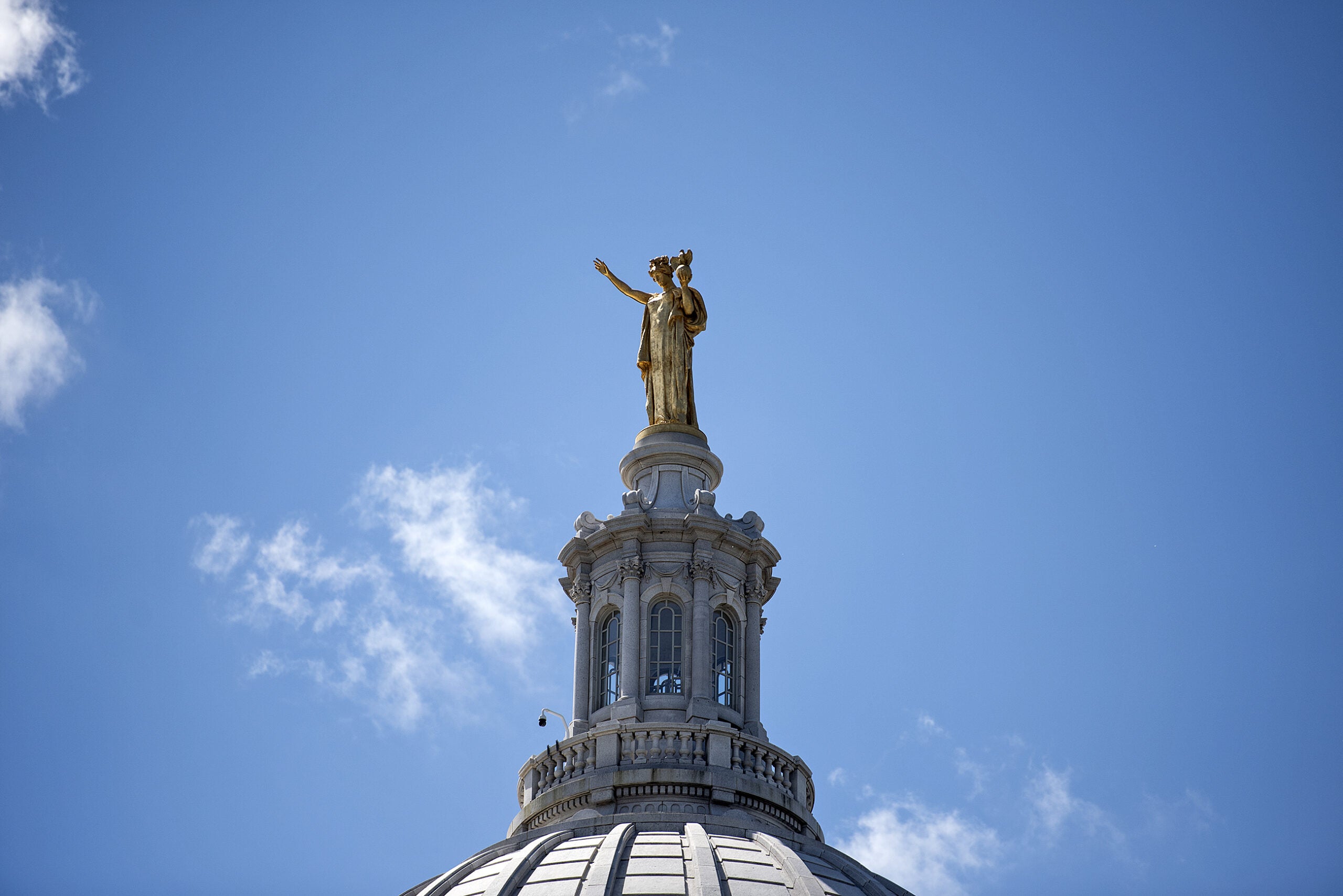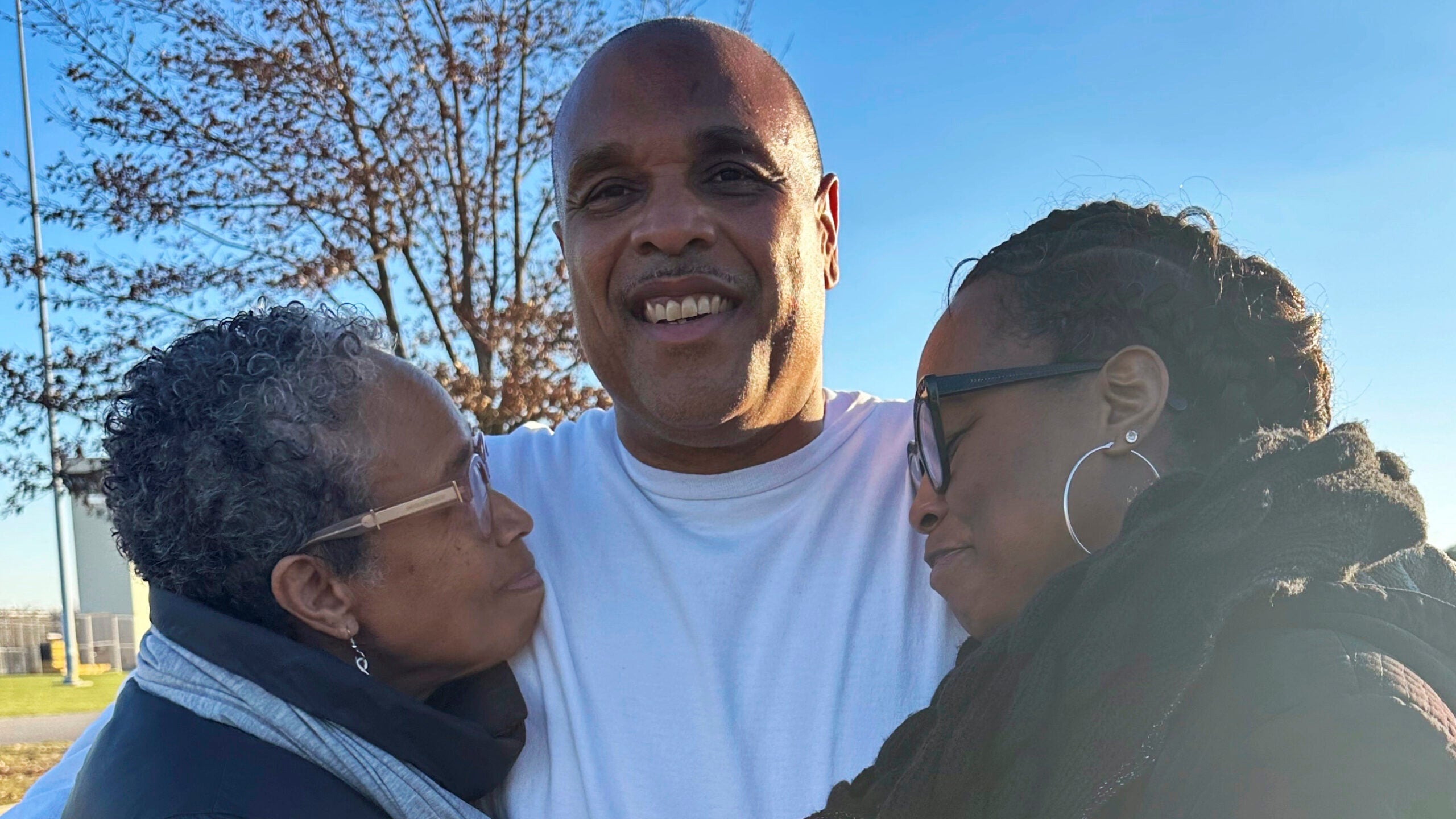A bill that would increase state payments to people who have been wrongfully convicted is likely dead this legislative session, according to its sponsor.
Under the bill, people who are wrongfully convicted could be awarded up to $1 million. Current Wisconsin law caps those state payments at $25,000.
The proposal was scheduled to be voted on Thursday by the state Joint Finance Committee, but was pulled from consideration at the last minute.
Stay informed on the latest news
Sign up for WPR’s email newsletter.
“It doesn’t look promising, it doesn’t look good,” said Rep. Dale Kooyenga, R-Brookfield, after the committee adjourned. “But we’re optimistic we’ll be back next session, and we’ll fight for it again.”
Kooyenga, the bill’s sponsor, said the bill doesn’t have enough support in the state Senate to pass.
“To say I’m disappointed would be an understatement,” he said. “I’ve been working on this bill for a couple years now and through that process have formed relationships with some of these gentlemen — and they truly are gentlemen.”
Supporters of the bill have been attempting to pass the measure for years. It passed Assembly and Senate committees unanimously earlier this year. It needed final approval by the budget committee because of it’s price tag.
According to an estimate from the state Department of Administration, there are 11 individuals who would be eligible for additional state compensation. If each individual was awarded the maximum amount, the total cost to the state would be about $3 million. The DOA estimated the cost of claims from individuals not already released would total roughly $1 million annually.
The State Bar of Wisconsin, the Wisconsin Catholic Conference, and YWCA Madison have all registered support for the measure. No organizations have officially registered their opposition.
“Politicians have never been known for empathy … and some people need a little touch of empathy on this issue,” Kooyenga said.
The bill would apply to people who were released after wrongful imprisonment on or after March 13, 1980.
Wisconsin Public Radio, © Copyright 2024, Board of Regents of the University of Wisconsin System and Wisconsin Educational Communications Board.






